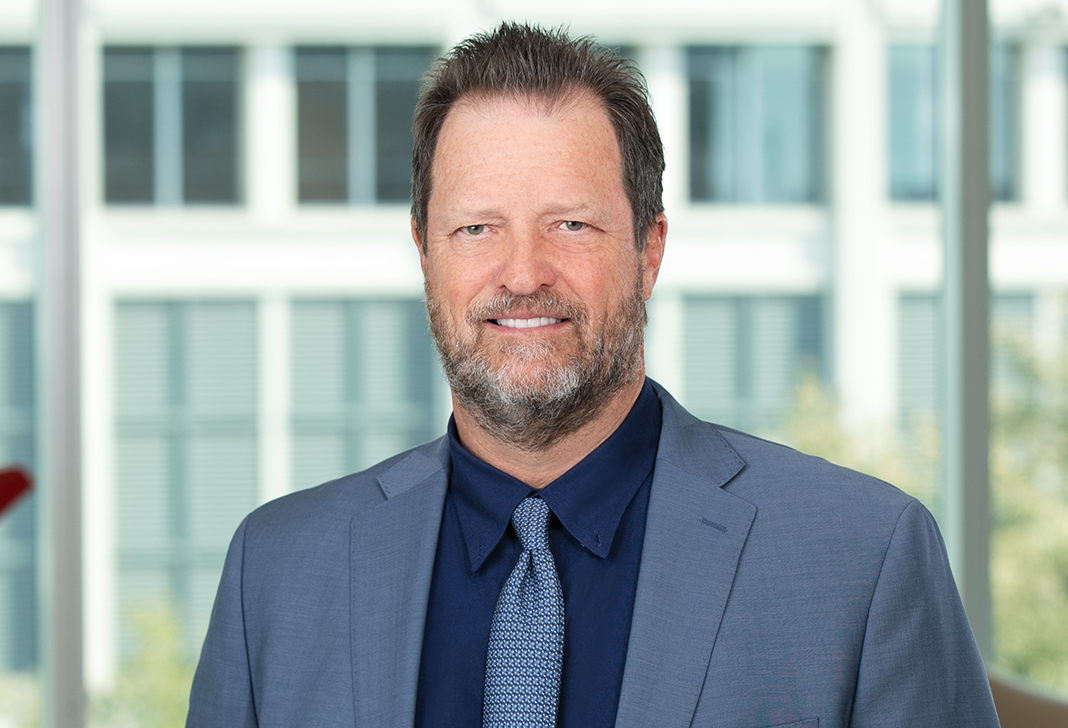
ITC Institutes First 100-Day Pilot Program on Patent Validity
In 2013, the United States International Trade Commission ("ITC" or "Commission") launched its 100-day pilot program ("pilot program") to test whether early rulings on certain case-dispositive issues could limit unnecessary litigation. To date, the ITC has utilized the pilot program only twice: once on the issue of domestic industry (Inv. No. 337-TA-874) and once on the issue of standing (Inv. No. 337-TA-949). On May 5, 2016, the ITC instituted its third 100-day pilot program investigation—and for the first time on the issue of patent eligible subject matter. The ITC's decision to utilize the 100-day pilot program for the early determination of a patent validity issue signals a significant broadening of the pilot program going forward.
The 100-Day Pilot Program
The pilot program, which is pending codification pursuant to a notice of proposed rulemaking issued in September 2015, provides for the early adjudication of potentially case-dispositive issues. Currently, the process is initiated by the Commission in the notice of investigation. The Commission proposed broadening the pilot program in its notice of proposed rulemaking by allowing administrative law judges ("ALJ") to institute proceedings for early determination of dispositive issues. Pursuant to the Commission's notice of investigation, the ALJ issues a procedural schedule including expedited fact finding and an evidentiary hearing. Ordinarily, the hearing will result in an initial determination ("ID") within 100 days of the institution of the investigation. Parties may then petition the Commission for review of the ID within five days of service of the ID.
The Case
On May 5, 2016, based on a complaint filed by Creative Labs, Inc., the ITC instituted an investigation, Certain Portable Electronic Devices and Components Thereof, Inv. No. 337-TA-994, to determine whether there is a violation of 19 U.S.C. § 1337 ("Section 337") with respect to the importation of portable electronic devices that allegedly infringe U.S. Patent No. 6,928,433 ("'433 Patent"). During the Commission's review of the complaint, certain of the proposed respondents requested that the ITC institute the pilot program, arguing that the '433 Patent is drawn to ineligible subject matter in light of the United States Supreme Court's holding in Alice Corp. Pty. v. CLS Bank Int'l, 134 S. Ct. 2347 (2014). Specifically, the proposed respondents alleged that the '433 Patent claims the abstract idea of selecting content, organized in a hierarchy of categories and subcategories, using generic computer technology. In response to those requests, the ITC instructed the presiding ALJ to hold an early evidentiary hearing, find facts, and issue an early decision as to whether the asserted claims of the '433 Patent recite patent-eligible subject matter under 35 U.S.C. § 101. The Commission further indicated that it expects the issuance of an early ID relating to Section 101 within 100 days of institution.
Takeaway
The Commission's expansion of the pilot program to early determinations of patent-eligible subject matter indicates that the ITC is committed to saving time and costs for the parties involved in appropriate cases. The ITC also appears to be addressing concerns recently raised by Congress with respect to infrequent use of the pilot program. Jones Day will continue to monitor Certain Portable Electronic Devices and Components Thereof and will provide updates as they develop.
Lawyer Contacts
For further information, please contact your principal Firm representative or one of the lawyers listed below. General email messages may be sent using our "Contact Us" form, which can be found at www.jonesday.com/contactus/.
Blaney Harper
Washington
+1.202.879.7623
bharper@jonesday.com
David M. Maiorana
Cleveland
+1.216.586.7499
dmaiorana@jonesday.com
Richard Fieman
Washington
+1.202.879.3856
rfieman@jonesday.com
Jones Day publications should not be construed as legal advice on any specific facts or circumstances. The contents are intended for general information purposes only and may not be quoted or referred to in any other publication or proceeding without the prior written consent of the Firm, to be given or withheld at our discretion. To request reprint permission for any of our publications, please use our "Contact Us" form, which can be found on our website at www.jonesday.com. The mailing of this publication is not intended to create, and receipt of it does not constitute, an attorney-client relationship. The views set forth herein are the personal views of the authors and do not necessarily reflect those of the Firm.



